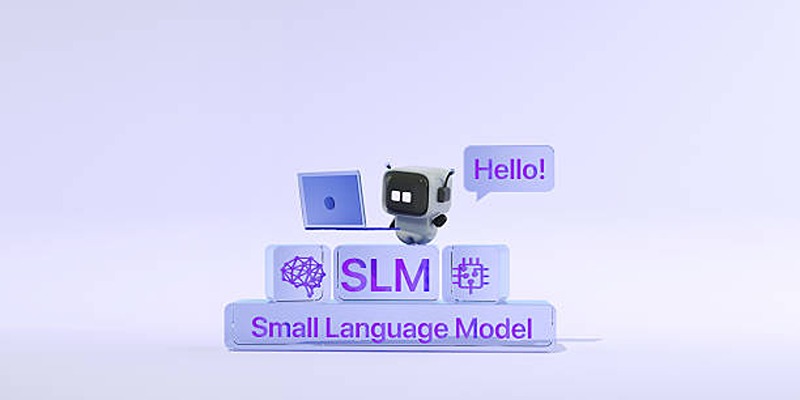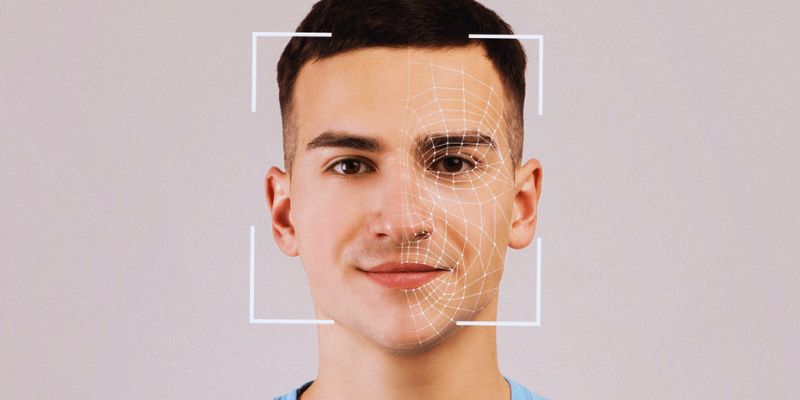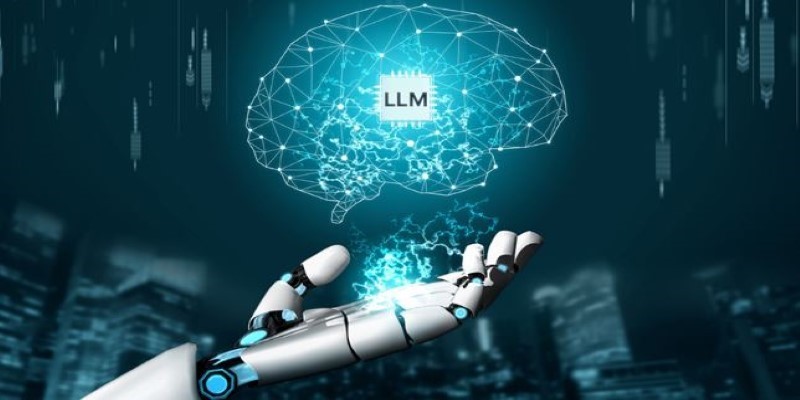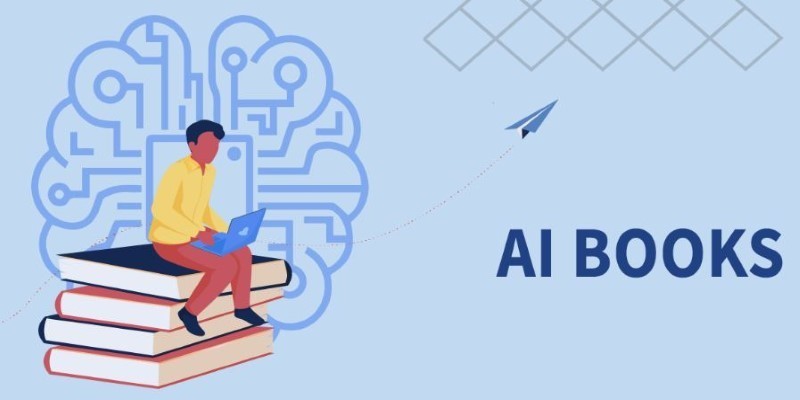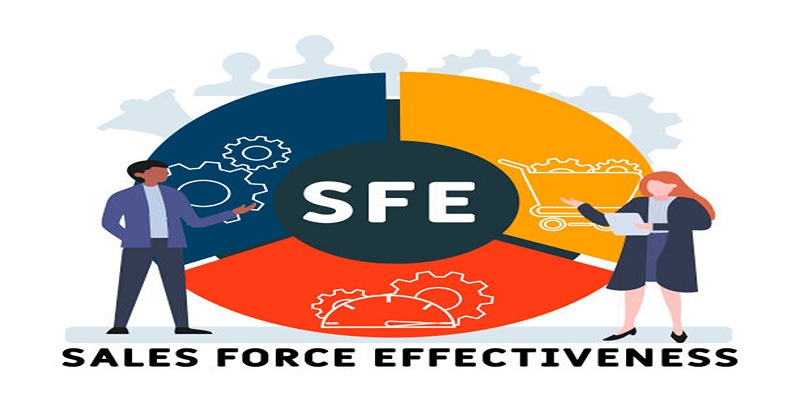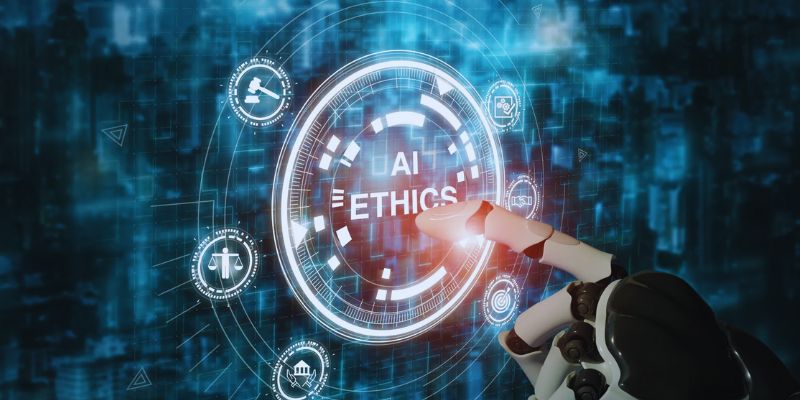We are living, working, and using technology differently thanks to artificial intelligence (AI). It's in smart homes, voice assistants, and even vehicles. Big issues arise when artificial intelligence gets smarter. Is AI fair, safety-wise? That is where AI ethics becomes relevant. AI ethics is properly applying strong technology. Its main priorities are safety, privacy, and justice. These concepts enable our trust in artificial intelligence and responsible application of it.
Ethical artificial intelligence can also benefit and safeguard people. This article simplifies artificial intelligence ethics for easy understanding. You will find out why it is important and how it affects your life. Whether your reason for using artificial intelligence or just curiosity will help you better grasp it.
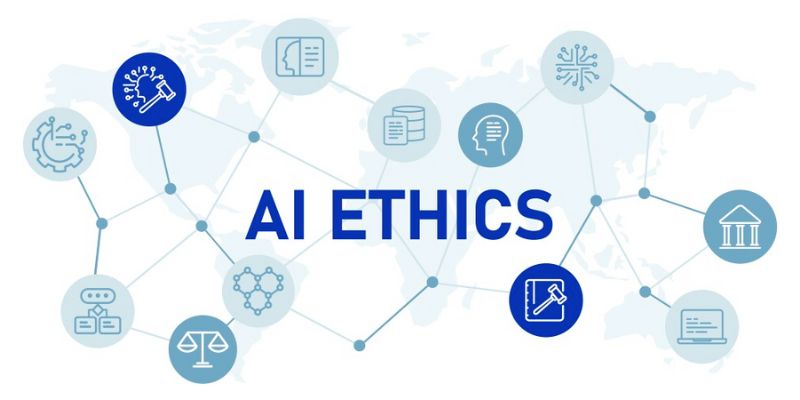
What Does AI Ethics Mean?
AI ethics is the use of artificial intelligence with respect to humans, their rights, and society. It is about doing morally. Ethical artificial intelligence should never hurt someone or make unfair decisions. It has to be respectful to everyone, safe, and practical. AI ethics consists of guidelines and values that direct businesses and inventors. These guidelines stop damage, guarantee fairness, and guard privacy. AI has to respect every human equally, regardless of background, age, gender, or color.
Ethics also entails being open about artificial intelligence's operation. People should understand when they are interacting with an artificial intelligence rather than a human. Artificial intelligence should never fool or mislead consumers. It shouldn't replace human decisions; it should rather help them. Ethics guarantees that artificial intelligence is applied for good, not for damage. It counts in offices, hospitals, classrooms, and daily life.
Why Is AI Ethics Important?
AI ethics safeguard people's privacy, safety, and rights. Without ethics, AI can readily produce more damage than benefits. Certain artificial intelligence systems could treat people unfairly and exhibit prejudice. A recruiting artificial intelligence might, for instance, reject someone based on gender or color. Therefore, ethical artificial intelligence is mostly based on justice. Ethics also guard your data from abuse. Certain artificial intelligence tools gather your data without your knowledge or clear notice.
Ethical artificial intelligence has to protect your private and personal data. It also clarifies its purpose and methods. Transparency and honesty help users to develop confidence. If something goes bad, someone has to be accountable and act. Ethics guarantees that artificial intelligence helps rather than governs individuals. Artificial intelligence ethics maintain human-centered, fair, and useful technologies. It promotes a brighter digital future for every one of us.
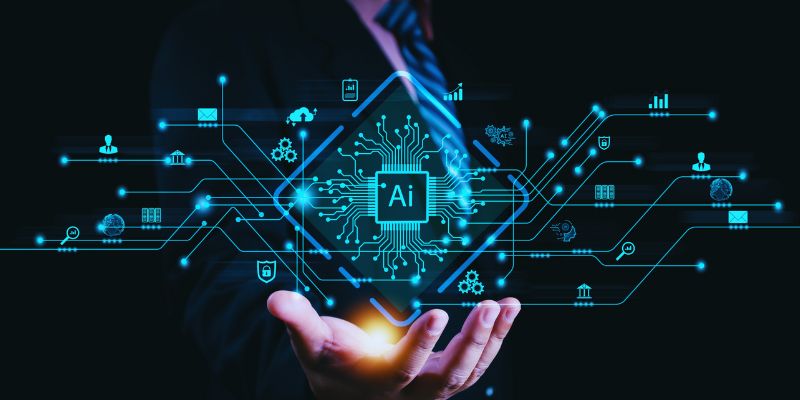
Key Principles of Ethical AI
Important ethical AI values provide justice, openness, responsibility, and privacy to direct responsible and reliable AI growth and application.
- Fairness: Artificial intelligence has to treat everyone fairly and without prejudice. It should steer clear of prejudice in sectors including healthcare and employment. Fair AI takes advantage of varied, balanced data. Developers should test findings for fairness; unfair findings should be eliminated.
- Transparency: People should be aware of how artificial intelligence decides. It shouldn't function as a secret "black box." Businesses should clarify the sources of the used data. Clear, honest information builds people's trust in artificial intelligence systems.
- Accountability: If artificial intelligence hurts someone, someone has to answer for it. That might be a firm, consumer, or developer. There must be a means of reporting issues. The key is both fixing problems and learning from them.
- Privacy: Artificial intelligence should respect personal data. It should gather only what is absolutely required, not more. Data needs to be leak-free and free from hackers. Users must be aware of how their data is used.
Real-Life Examples of AI Ethics
Real-world cases of artificial intelligence ethics demonstrate how moral values are used to defend fair treatment, safety, and individual rights.
- AI in Hiring: Some firms screen job candidates using artificial intelligence. This can be unjust if taught based on biased data, and it might give men preference over women. Hiring processes depend heavily on openness and fairness. Businesses have to test and show how artificial intelligence makes decisions.
- AI in Healthcare: AI assists clinicians in diagnosis and therapy planning. However, incorrect findings could endanger someone's health. In healthcare, ethical artificial intelligence has to be explicit and extensively tested. Doctors always have to verify and confirm AI recommendations.
- AI in Policing: Certain cities employ artificial intelligence to forecast crime areas. Carelessly, this might unfairly target specific areas, resulting in less community trust and over-policing. Ethical artificial intelligence has to be examined and open to public scrutiny.
- AI in Education: AI tools support students in learning and test grading. However, biased instruments can impede pupils' advancement. AI has to be open to questioning, fair, and transparent. AI, by itself, should never be used to assess students.
The Future of Ethical AI
Rising quickly and permeating numerous sectors, artificial intelligence Ethics will become ever more important as artificial intelligence develops. New laws and concepts are required to keep up with this quick speed. Worldwide, companies are striving to establish guidelines for artificial intelligence ethics. They want to guarantee that artificial intelligence will give everyone an advantage. AI could assist in solving important problems like climate change in the future only if handled sensibly and responsibly.
We have to keep learning, sharing, and enhancing our ethical behavior if we are to bring about this. Making artificial intelligence a tool for humanity rather than a weapon is the aim. We all have obligations in this since users, as well as inventors of artificial intelligence. Though it needs continuous effort and careful decision-making from all those engaged, ethical artificial intelligence can change the planet.
Conclusion:
Ensuring artificial intelligence is used sensibly, fairly, and transparently depends on AI ethics. Following values like justice, privacy, and responsibility will enable artificial intelligence to both avert damage and advance equality. Ethical artificial intelligence methods direct the creation of technologies for the good of society, therefore guaranteeing its higher utility free from discrimination or bias. Maintaining strong ethical standards will be crucial to preserve people's rights and build confidence as artificial intelligence develops. By means of dedication to these values, artificial intelligence can help to create a future marked by safety, fairness, and equality for all.
